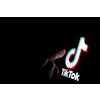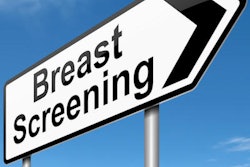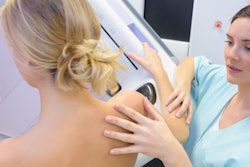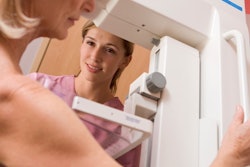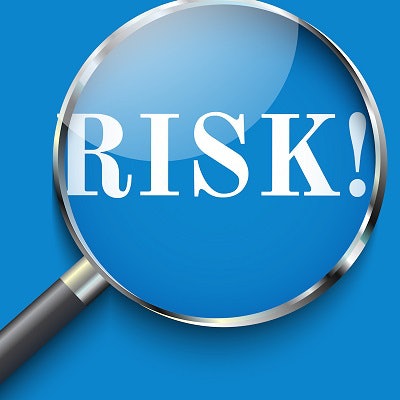
Women are skeptical about risk-based breast cancer screening protocols, according to a study published online July 31 in the Journal of General Internal Medicine.
It's not surprising, given that decades of breast cancer screening education have emphasized the importance of women undergoing traditional mammography at regular intervals, wrote a team led by Xiaofei He, PhD, of the Dartmouth Institute for Health Policy and Clinical Practice in Lebanon, NH. Using a screening framework based on a woman's individual risk is a relatively new idea, and women's views on this type of protocol are unclear, the group noted.
"Risk-based screening adjusts mammography frequency based on a woman's estimated breast cancer risk in order to maximize mortality reduction while minimizing false positives and overdiagnosis," He and colleagues wrote. "[We sought] to explore women's views and personal acceptability of a potential risk-based mammography screening paradigm."
The researchers conducted four focus group discussions with 29 women from New Hampshire and Vermont about screening mammography before providing information about a risk-based breast cancer screening protocol. The women were invited to participate via print and online sources, were between the ages of 40 and 74, and had no personal history of breast cancer. All participants were white and most were college graduates.
The focus group interview guide included questions about reasons for screening for breast cancer, knowledge of breast cancer risk factors, perceptions of risk, and reactions to the idea of risk-based breast cancer screening. At the beginning of each focus group, the women completed a written survey about their perceived risk of developing breast cancer.
Of the 29 study participants, 27 reported having undergone screening mammography. Some believed that early cancer detection with traditional screening was beneficial, although many also said they had heard conflicting recommendations from clinicians and mixed media reports about mammography, according to He and colleagues.
The investigators also found the following:
- 27.5% of women thought matching screening mammography frequency to personal risk made sense.
- 24.1% believed risk-based screening could reduce the harms of false positives and overdiagnosis.
- 48.2% thought screening less often might result in missing a cancer.
- 62% were concerned about the viability of risk-based screening and questioned whether breast cancer risk estimates could be accurate.
- 20.6% were concerned that risk-based mammography was prompted by an effort to save money.
"Some women thought risk-based screening made sense. [But] willingness to abandon traditional screening for the new paradigm was mixed," He's group wrote.
Currently, there are no guidelines for clinicians on how to incorporate a woman's individual breast cancer risk and preferences into shared decision-making for mammography screening -- which makes implementing a risk-based model tricky, the researchers noted.
"Broad acceptability of risk-based screening will require clearer interactive communication about its rationale and feasibility supported by consistent messages from the healthcare team as well as breast cancer awareness campaigns, news stories, and medical organizations," they concluded.


